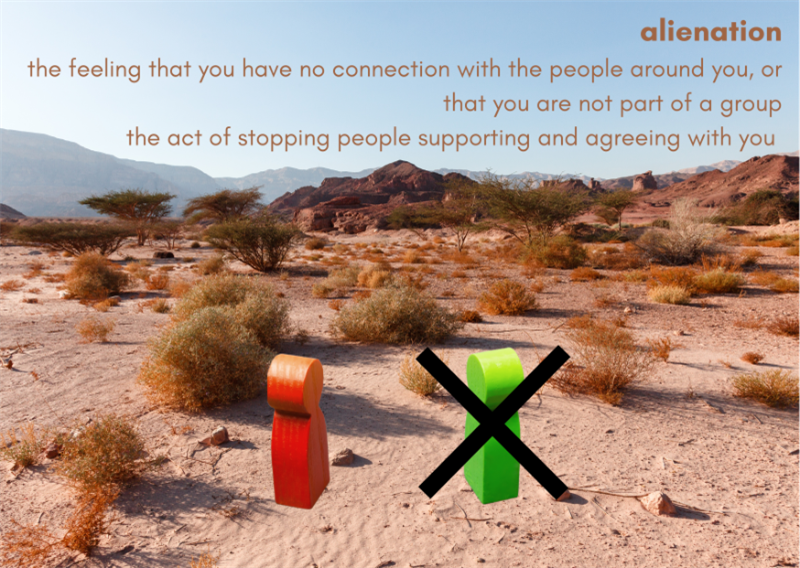23rd March 2025

Into the Wilderness: a Place of Alienation
In fairy tales, the forest is a dangerous place. We might think of Red Riding Hood, or perhaps Robin Hood and his band of merry men. The laws of the towns and villages do not apply to the forest. It is populated by outlaws – not the cheerful, “merry men” of 1980s children’s TV, but criminals – violent thugs, running away from the law.
The wilderness in the Bible is similarly a place of alienation and lawlessness. Expelled from the Garden of Eden, Adam and Eve give birth to two sons, Cain and Abel. Abel, we learn, is a shepherd, while Cain tills the soil. In the course of time, both sons bring an offering to the Lord. Abel's offering pleases God. Cain's does not. And Cain is angry. God tells Cain "sin is crouching at your door; its desire is to you, but you must master it." (4:7)
Last week, we thought about Jesus, confronting and resisting temptation in the wilderness. Jesus, "tested in every way as we are, yet without sin" (Hebrews 4:15) is our model for those wilderness times when sin crouches at our door. But we know that at least as often as we resist temptation, we, like Cain, give into it. Cain's anger eats away at him until he murders his brother. The result is alienation. Cain, the tiller of the soil, is cursed from the ground (4:11), alienated from his livelihood. Cain, the son and brother, is banished from his home, alienated from his family to become a restless wanderer and fugitive (4:12). Cain, with whom God has been talking face to face, is alienated from the presence of the Lord (4:16).
Sin is alienation. Our sin, and the sinful structures that permeate our world, have the effect of alienating us - from God as we seek to do it our way; from other people, as we quarrel and fight; from the land itself, a we exploit rather than cherish it. We find ourselves restless wanderers in a wilderness of our own making, prey to all the dangers that dwell therein.
But, even within the sad story of Cain, there are grounds for hope. Although Cain goes away from the presence of the Lord, God does not give up on Cain. In a mysterious coda, God places a mark of protection on Cain, "so that no one who came upon him would kill him". And Cain goes on to marry and have children who form communities – of nomads (4:20), of musicians (4:21), of toolmakers (4:22).
On the cross, Jesus experienced the full alienating power of sin. He died so that we might be reconciled - to God, to one another and, ultimately, to creation itself. Like Cain, we carry a mark of protection, the mark of the cross. However far we may wander from the presence of the Lord, God will never give up on us. Through Jesus, God is pleased to "reconcile to himself all things" (Colossians 1:20).
